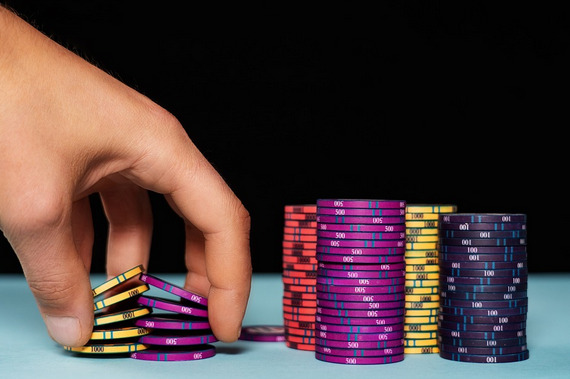Beyond its glitz and glamour, poker is a battleground of wits, where every move is a calculated decision influenced by a blend of skill, strategy, and psychology. In the high-stakes arena, where fortunes are won and lost in the blink of an eye, elite players navigate a complex mental landscape, relying on astute psychological strategies to outmaneuver opponents and emerge victorious.
The Power of Perception

At the heart of high-stakes poker lies the art of perception, the ability to read opponents like an open book while guarding one’s own intentions with an impenetrable veil. On the other hand, PGSLOT unravels an entirely different dimension of the gambling world. Unlike the nuanced strategies and psychological interplay in poker, slots operate on a different rhythm altogether. They are a whirlwind of change, driven by randomness and algorithms rather than human interaction. Elite players harness their understanding of human psychology, studying opponents for tells, subtle cues that betray emotions or intentions.
Emotional Mastery and Decision-Making
In the high-pressure environment of high-stakes poker, emotions run high. The ability to maintain emotional equilibrium, regardless of wins or losses, is a hallmark of elite players. They master the art of detachment, making rational decisions devoid of emotional bias. Embracing a stoic mindset allows them to navigate the rollercoaster of fortunes without succumbing to emotional swings that might cloud judgment.
Psychological Warfare and Mind Games
The mind games in high-stakes poker extend beyond the cards. Elite players leverage psychological warfare, employing strategic maneuvers to induce doubt or tilt in opponents. From deliberate pauses to unexpected raises, they meticulously orchestrate their actions to unsettle adversaries and gain a psychological edge.
Calculated Risks and Probability

While poker is a game of uncertainty, elite players base their decisions on calculated risks and probabilities. They possess an innate understanding of odds, using mathematical prowess to assess the potential outcomes of each move. This strategic approach enables them to make informed decisions, balancing risk and reward with precision. Adaptability is a key attribute of elite poker players. They possess the agility to adjust their strategies on the fly, reacting to shifting dynamics at the table. Whether it’s altering their playing style, adapting to opponents’ tactics, or capitalizing on changing circumstances, their ability to remain flexible is a crucial component of success.
Patience and Discipline
Patience is indeed a virtue in high-stakes poker. Elite players exhibit remarkable discipline, waiting for opportune moments to strike. They understand the value of biding their time, resisting the temptation to play every hand, and capitalizing on strategic openings.
In the intricate dance of high-stakes poker, the psychology behind elite player decision-making is a captivating spectacle. It’s not just about the cards; it’s about the mind games, emotional fortitude, and strategic prowess that elevate the game to an art form. Understanding the psychology at play unveils the intricate layers of this mind game, showcasing the brilliance and complexity that define the world of high-stakes poker.




